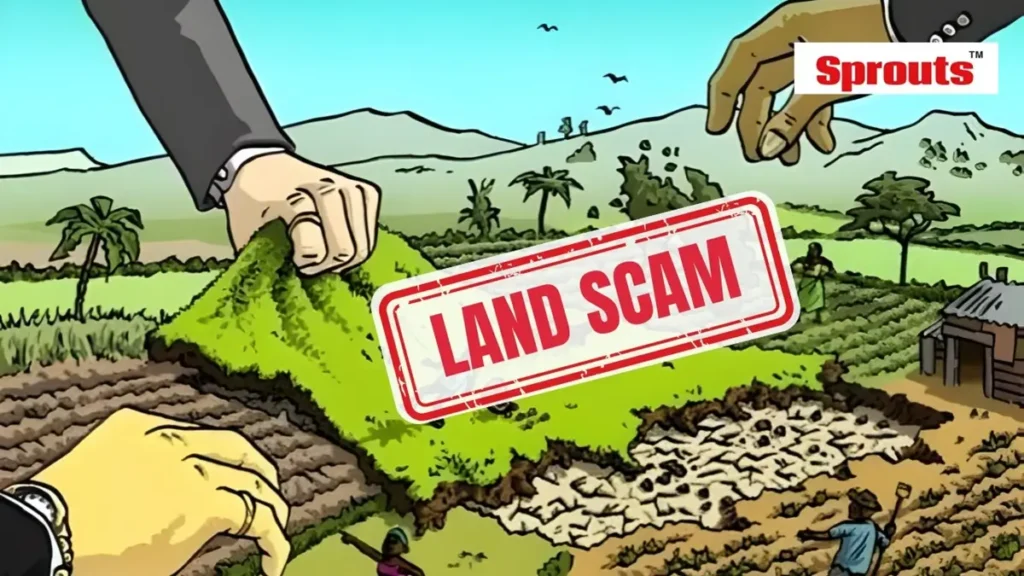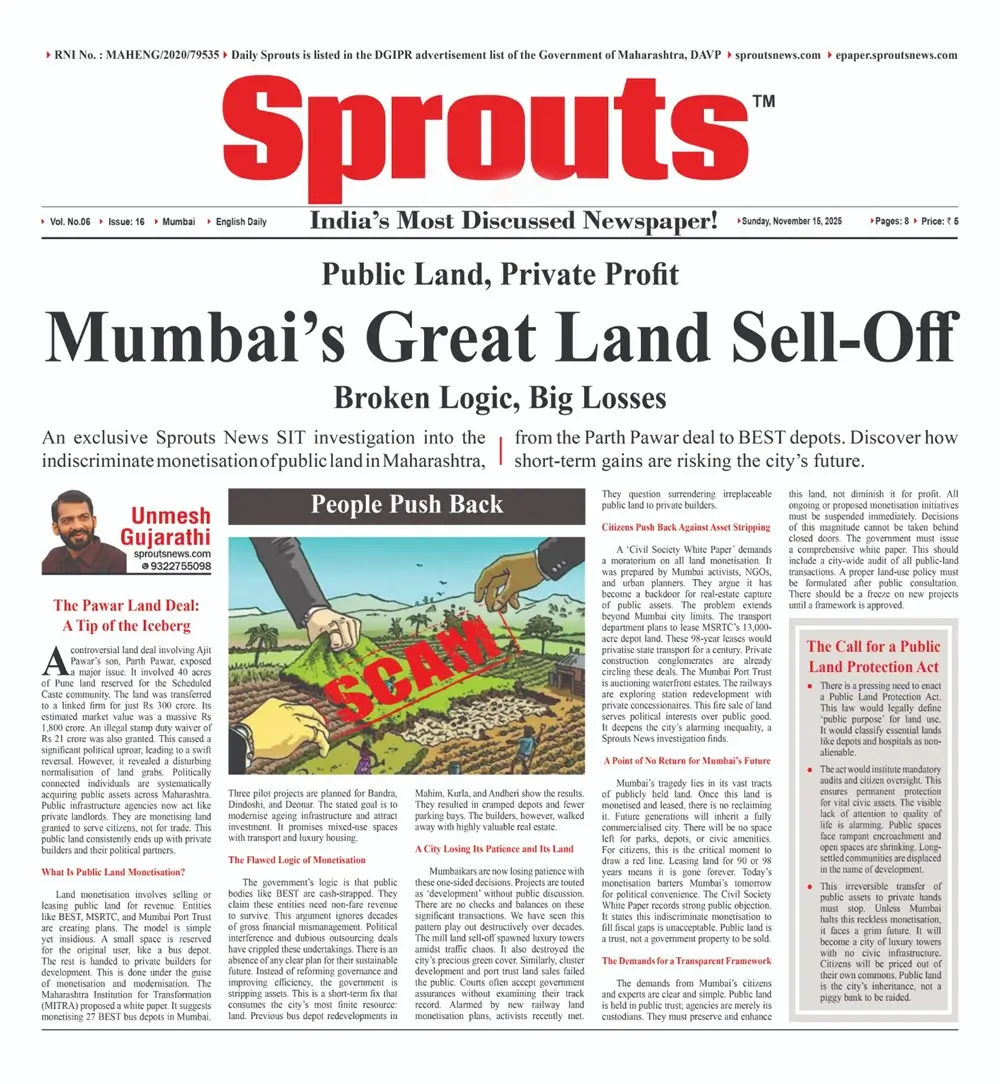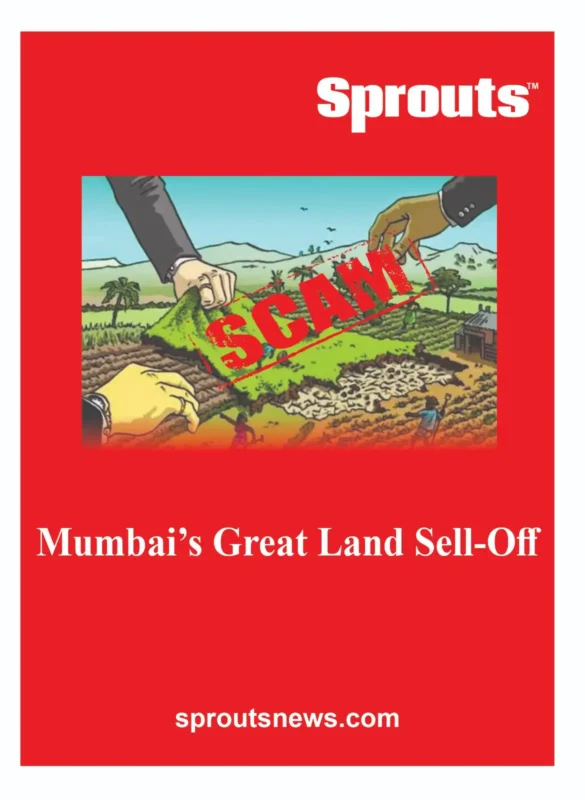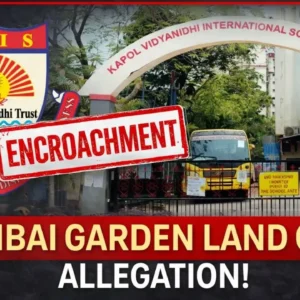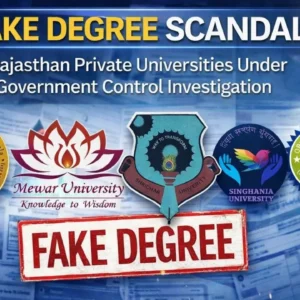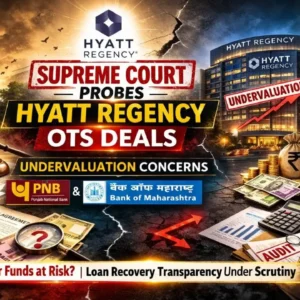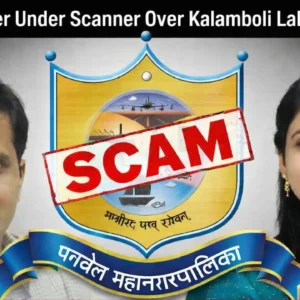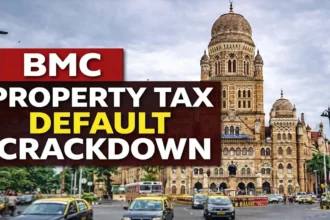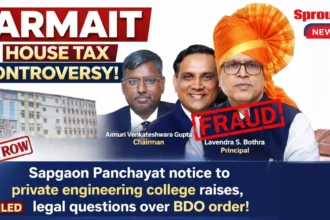Maharashtra Land Grab: The Fire Sale of Mumbai’s Public Assets
• The Flawed Logic of Public Land Monetisation
• Citizens Push Back Against Asset Stripping
• A Point of No Return for Mumbai’s Future
A Sprouts News SIT investigation has uncovered a disturbing pattern of public land monetisation across Maharashtra. The controversial Parth Pawar land deal — involving a 40-acre Scheduled Caste-reserved plot undervalued by over ₹1,500 crore — is only one example. From BEST depots to prime state-owned parcels, agencies meant to serve citizens are selling land to private builders and political allies. Experts warn that Mumbai is approaching a point of no return, with long-term public interest being sacrificed for short-term gains.
- Maharashtra Land Grab: The Fire Sale of Mumbai’s Public Assets
- • The Flawed Logic of Public Land Monetisation
- • Citizens Push Back Against Asset Stripping
- • A Point of No Return for Mumbai’s Future
- The Pawar Land Deal: A Tip of the Iceberg
- What Is Public Land Monetisation?
- The Flawed Logic of Monetisation
- A City Losing Its Patience and Its Land
- Citizens Push Back Against Asset Stripping
- A Point of No Return for Mumbai’s Future
- The Demands for a Transparent Framework
- The Call for a Public Land Protection Act
Click Here To Download the News Attachment
The Pawar Land Deal: A Tip of the Iceberg
A controversial land deal involving Ajit Pawar’s son, Parth Pawar, exposed a major issue. It involved 40 acres of Pune land reserved for the Scheduled Caste community. The land was transferred to a linked firm for just Rs 300 crore. Its estimated market value was a massive Rs 1,800 crore. An illegal stamp duty waiver of Rs 21 crore was also granted.
This caused a significant political uproar, leading to a swift reversal. However, it revealed a disturbing normalisation of land grabs. Politically connected individuals are systematically acquiring public assets across Maharashtra. Public infrastructure agencies now act like private landlords. They are monetising land granted to serve citizens, not for trade. This public land consistently ends up with private builders and their political partners.
What Is Public Land Monetisation?
Land monetisation involves selling or leasing public land for revenue. Entities like BEST, MSRTC, and Mumbai Port Trust are creating plans. The model is simple yet insidious. A small space is reserved for the original user, like a bus depot. The rest is handed to private builders for development. This is done under the guise of monetisation and modernisation. The Maharashtra Institution for Transformation (MITRA) proposed a white paper. It suggests monetising 27 BEST bus depots in Mumbai. Three pilot projects are planned for Bandra, Dindoshi, and Deonar. The stated goal is to modernise ageing infrastructure and attract investment. It promises mixed-use spaces with transport and luxury housing.
The Flawed Logic of Monetisation
The government’s logic is that public bodies like BEST are cash-strapped. They claim these entities need non-fare revenue to survive. This argument ignores decades of gross financial mismanagement. Political interference and dubious outsourcing deals have crippled these undertakings. There is an absence of any clear plan for their sustainable future. Instead of reforming governance and improving efficiency, the government is stripping assets. This is a short-term fix that consumes the city’s most finite resource: land. Previous bus depot redevelopments in Mahim, Kurla, and Andheri show the results. They resulted in cramped depots and fewer parking bays. The builders, however, walked away with highly valuable real estate.
A City Losing Its Patience and Its Land
Mumbaikars are now losing patience with these one-sided decisions. Projects are touted as ‘development’ without public discussion. There are no checks and balances on these significant transactions. We have seen this pattern play out destructively over decades. The mill land sell-off spawned luxury towers amidst traffic chaos. It also destroyed the city’s precious green cover. Similarly, cluster development and port trust land sales failed the public. Courts often accept government assurances without examining their track record. Alarmed by new railway land monetisation plans, activists recently met. They question surrendering irreplaceable public land to private builders.
Citizens Push Back Against Asset Stripping
A ‘Civil Society White Paper’ demands a moratorium on all land monetisation. It was prepared by Mumbai activists, NGOs, and urban planners. They argue it has become a backdoor for real-estate capture of public assets. The problem extends beyond Mumbai city limits. The transport department plans to lease MSRTC’s 13,000-acre depot land. These 98-year leases would privatise state transport for a century. Private construction conglomerates are already circling these deals. The Mumbai Port Trust is auctioning waterfront estates. The railways are exploring station redevelopment with private concessionaires. This fire sale of land serves political interests over public good. It deepens the city’s alarming inequality, a Sprouts News investigation finds.
Also Read: Mumbai Redevelopment: Girgaon Shops Taken Using Fake Docs.
A Point of No Return for Mumbai’s Future
Mumbai’s tragedy lies in its vast tracts of publicly held land. Once this land is monetised and leased, there is no reclaiming it. Future generations will inherit a fully commercialised city. There will be no space left for parks, depots, or civic amenities. For citizens, this is the critical moment to draw a red line. Leasing land for 90 or 98 years means it is gone forever. Today’s monetisation barters Mumbai’s tomorrow for political convenience. The Civil Society White Paper records strong public objection. It states this indiscriminate monetisation to fill fiscal gaps is unacceptable. Public land is a trust, not a government property to be sold.
The Demands for a Transparent Framework
The demands from Mumbai’s citizens and experts are clear and simple. Public land is held in public trust; agencies are merely its custodians. They must preserve and enhance this land, not diminish it for profit. All ongoing or proposed monetisation initiatives must be suspended immediately. Decisions of this magnitude cannot be taken behind closed doors. The government must issue a comprehensive white paper. This should include a city-wide audit of all public-land transactions. A proper land-use policy must be formulated after public consultation. There should be a freeze on new projects until a framework is approved.
The Call for a Public Land Protection Act
There is a pressing need to enact a Public Land Protection Act. This law would legally define ‘public purpose’ for land use. It would classify essential lands like depots and hospitals as non-alienable. The act would institute mandatory audits and citizen oversight. This ensures permanent protection for vital civic assets. The visible lack of attention to quality of life is alarming. Public spaces face rampant encroachment and open spaces are shrinking.
Long-settled communities are displaced in the name of development. This irreversible transfer of public assets to private hands must stop. Unless Mumbai halts this reckless monetisation, it faces a grim future. It will become a city of luxury towers with no civic infrastructure. Citizens will be priced out of their own commons. Public land is the city’s inheritance, not a piggy bank to be raided.


